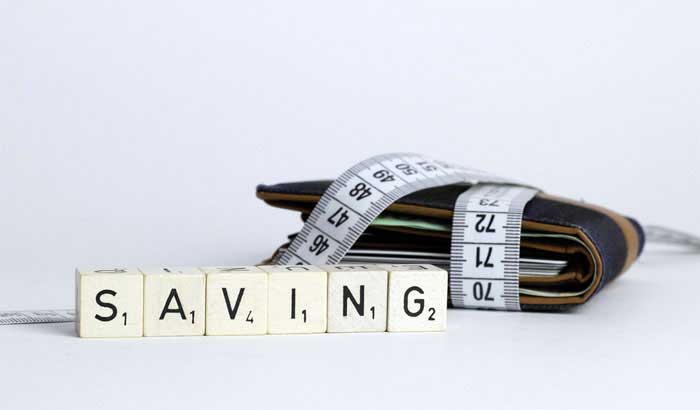It is always inspiring to read success stories that have surfaced from freelancers, however this doesn't always happen overnight, and when you take away the safety net of sure employment and pay checks you are taking a huge risk. While freelancing requires you to go full out, it is often a good idea to dip your toe in the water before you fully commit, and to ensure you have something to fall back onto if it doesn't work out to begin with.
For starters, you may not wish to abandon traditional employment altogether. You may be able to start your freelancing career in your spare time between your current shifts, and once your freelancing has some more solid foundations on which to build an income, you can start to think about leaving your employment. Likewise, you may be able to change your shift pattern to a more part time agreement with your employer, which would allow you to spend a little more time on your freelance work while ensuring there is enough money in the bank to pay the rent at the end of the month. If you have no current employment and you are struggling to start up with freelancing, there is no need to abandon your dream, but perhaps you can look for something part time, just to ensure you have enough to survive.
Another idea worth considering is building up a savings pot before you leave your employment, or indeed to build this up during your good months of freelancing to support yourself in months which are less fruitful. If you can figure out roughly how much you require to survive as if you were receiving a traditional income, then not only can you figure out how much you need to charge your clients on a bare minimum basis, but you can create a goal to work towards every month. Not every month will be as successful as you hope, particularly when you start out, so having some money to fall back onto always helps, and if you do happen to keep succeeding expectations, well, your annual holiday can be extra fantastic.
As there is no stability in freelancing, especially at the beginning, it is also good to know how you can live on diminished costs and still survive, as when money is not guaranteed, you still have to find a way to put bread on the table and a roof over your head. Here are a few ideas that you can consider to cut down the cost of living while you are starting out.
If you frequently use private transport or public transport for short distances, perhaps you can opt to walk or to cycle instead. While you may still have to pay road tax and insurance on your car, at least you will cut the cost of parking, fuel and maintenance, as well as giving yourself a dose of healthy exercise. Public transport can sometimes be a cheaper option, but prices are always increasing, and often cycling is just as fast.
When you do your weekly food shop, are there any items which you can buy for cheaper? Fruit and vegetables are often cheaper and often fresher from a local market instead of a supermarket. Meat is often very expensive, and going vegetarian or at least cutting your consumption will help you to reduce the cost of living, but do make sure you maintain a balanced diet to keep a healthy mind and to upkeep your motivation to work. Eating at home is always cheaper than eating out, and as important as it is to treat yourself, cutting meals out will be good the bank balance, as will be making your own coffee instead of a trip to Starbucks and making your own lunch instead of buying it every day. Also, cutting alcohol out of your weekly shopping routine will definitely lower the cost.
Have you got subscriptions that can be cut from your bill? Instead of paying to go to the gym, have you weights around the house for working out, or can you go for a run instead? Do you really watch all of the channels available from your television subscription, or would you be okay with a lesser package? You can downgrade a lot of services and still be a perfectly happy person.
While it is important to learn to live cheaply, it is also important to treat yourself when you have the money after paying your bills and ensuring some security. Once you get the hang of freelancing, it won't be a problem to balance your bills, but until then, you're better safe than sorry.

